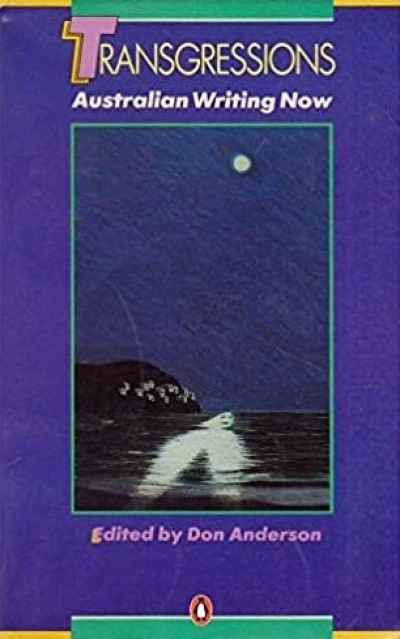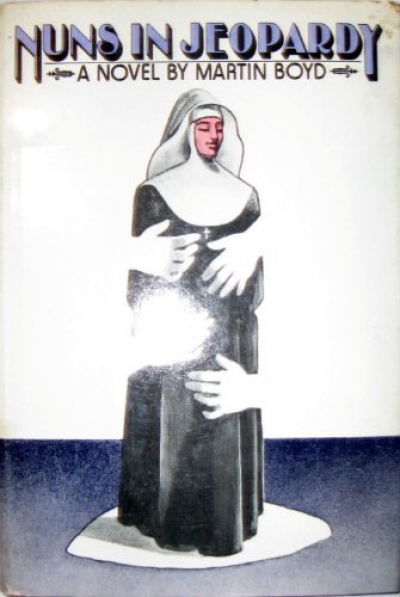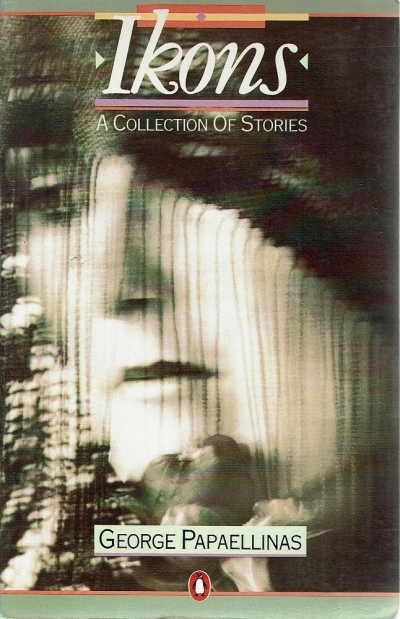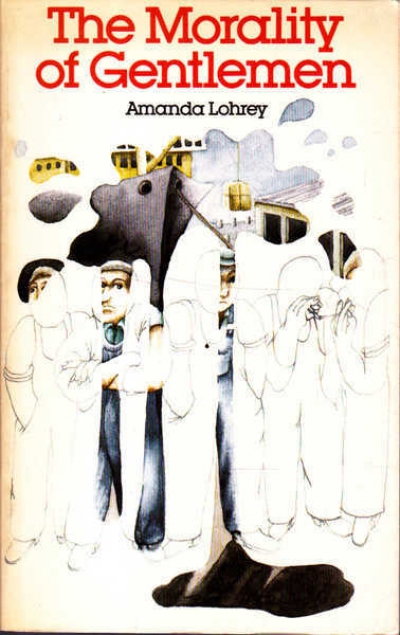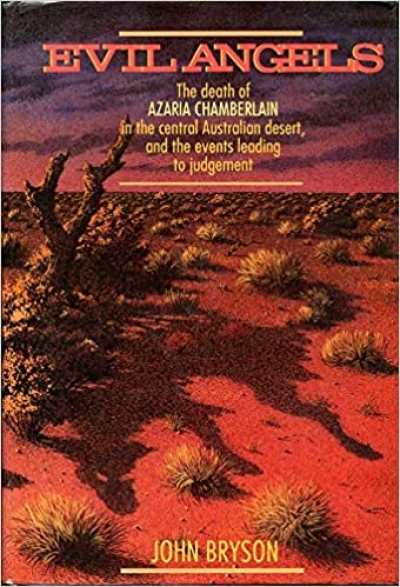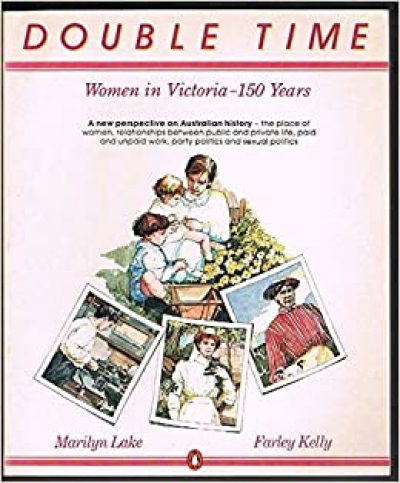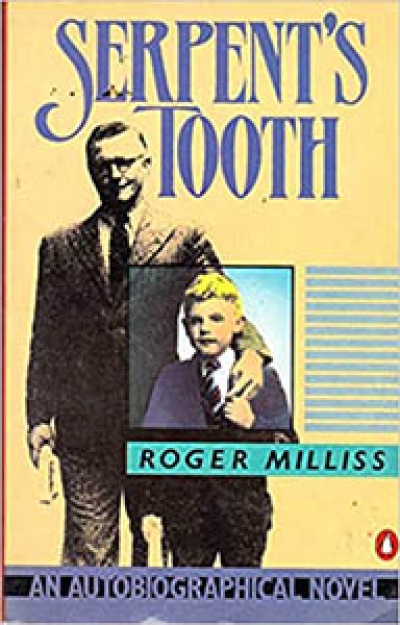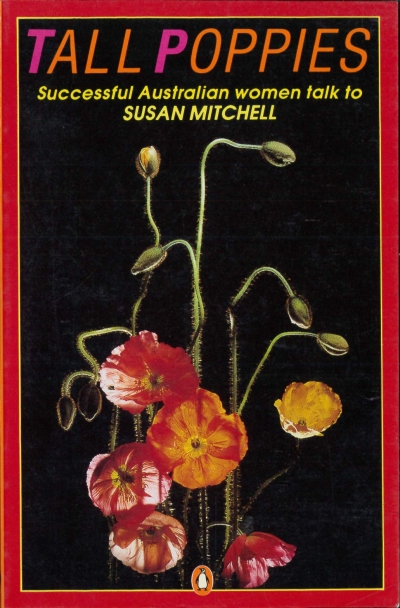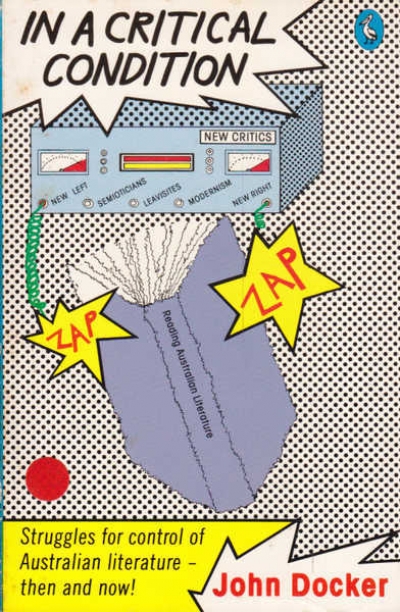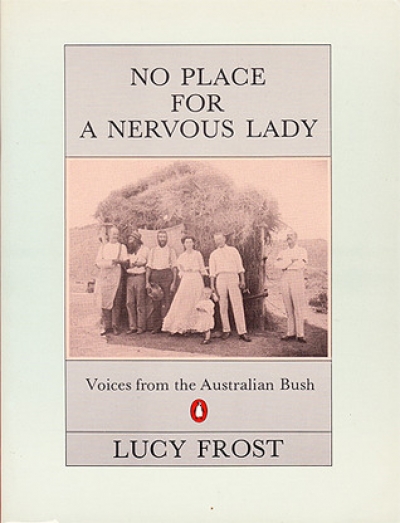Tall Poppies is an addition to the literature of ‘women of achievement’. Susan Mitchell’s slim paperback, with its pretty cover photograph of Iceland poppies, is deliberately written in a ‘simple and conversational’ style because, she says, she wants to reach ‘as many people as possible’. But her audience is women only; this is a tract for our times. The nine tape recorded interviews with ‘successful’ women set out to celebrate what they have achieved in spite of the oppression of society, and to present inspiring ‘role models’ to women who read them. One wonders whether the effect will not be daunting rather than encouraging. Mary Breasley disclaims in a foreword that ‘the whole notion of women of achievement implies elitism’; but it must. These women have been picked out. We are asked, predictably, to notice their determination and persistence; but we can’t help seeing too their exceptional energy, talent, inventiveness and flexibility. And they are successful. Quite what this means is not considered. Most of the women have well-known names, they are women who ‘have the media on their backs’, as one of them, Beatrice Faust, says. Some are ‘Top Girls’, in Caryl Churchill’s phrase: they hold top jobs in the professions. But what constitutes success in that woman’s life who chooses to devote her energies to two (or more) goals: her family and her job? Women who don’t make it to the top are not necessarily failures, as Kathleen Fitzpatrick points out in her contributions to The Half-Open Door.
...
(read more)

